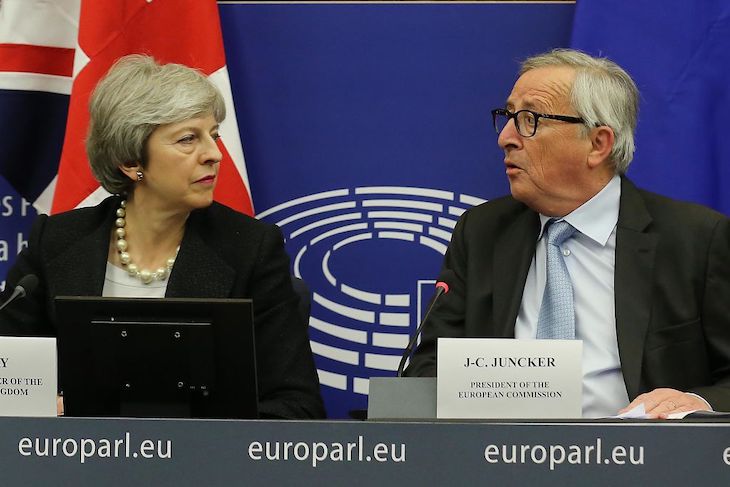In the past I’ve explained why the EU would be happy if the Commons accepted May’s deal. In essence, the Withdrawal Agreement would allow the EU to impose its integration project on the UK, and the UK wouldn’t be able to do anything about it. In contrast, EU federalists have made it pretty clear they fear a Brexit delay.
This is consistent with the tough rhetoric coming out of Brussels at the moment demanding a ‘price’ for any long delay. The PM has avoided that by proposing a short delay. There are noises coming out of Brussels that suggest next week there will be an EU Council decision on delaying Brexit. In that case, it seems likely that May will try to circumvent Erskine May, so MPs can have a Meaningful Vote 3 on her deal before that meeting. At that point, the choice will once again be between May’s deal or a serious delay to Brexit.
For some reason a long delay is seen in the UK as the worst thing that could ever happen. Why this view has taken hold is a bit of a mystery to me. There is a fear in the UK that the Remain movement will use a delay to cancel Brexit, but the People’s Vote campaign has been unable to muster anything close to the political and popular muscle to push that through in the last three years. This will not suddenly change if the UK and EU hit the ‘pause button’.
But if the Withdrawal Agreement is voted through, the UK will not really leave the EU, but stay inside its regulatory framework. The main problem of the Withdrawal Agreement and backstop is that it creates a democratic deficit. It will force the UK to implement EU legislation without having any say over it for an undefined period of time.
If the Withdrawal Agreement is accepted by MPs, then the consequences described above will put a lot of pressure on the UK in the subsequent negotiations with the EU on the future relationship. Soon after, the UK will become desperate to prevent the backstop from being triggered, or very desperate to get out of it. The EU will, however, feel no pressure at all.
EU institutions will therefore be very successful at making sure that the future relationship between the UK and EU will be as Brussels-oriented as possible. By then, the UK might even have a new government that will be open to ‘much more Brussels’. In this case, it would be easy for this new government to reverse Brexit altogether. Brussels will in any case be able to impose itself on the future relationship as the UK will have given away all the cards when it accepted the Withdrawal Agreement.
Not so if the EU and UK hit the ‘pause button’ on Brexit. The UK will be obnoxiously present in the EU and the pressure will be on the EU to resolve the whole situation. The UK will maintain a much stronger position in the negotiations that will continue regardless of the ‘pause’.
Voting through the Withdrawal Agreement will be the end of a real Brexit. Hitting the ‘pause button’ may allow it to happen after all.






Comments